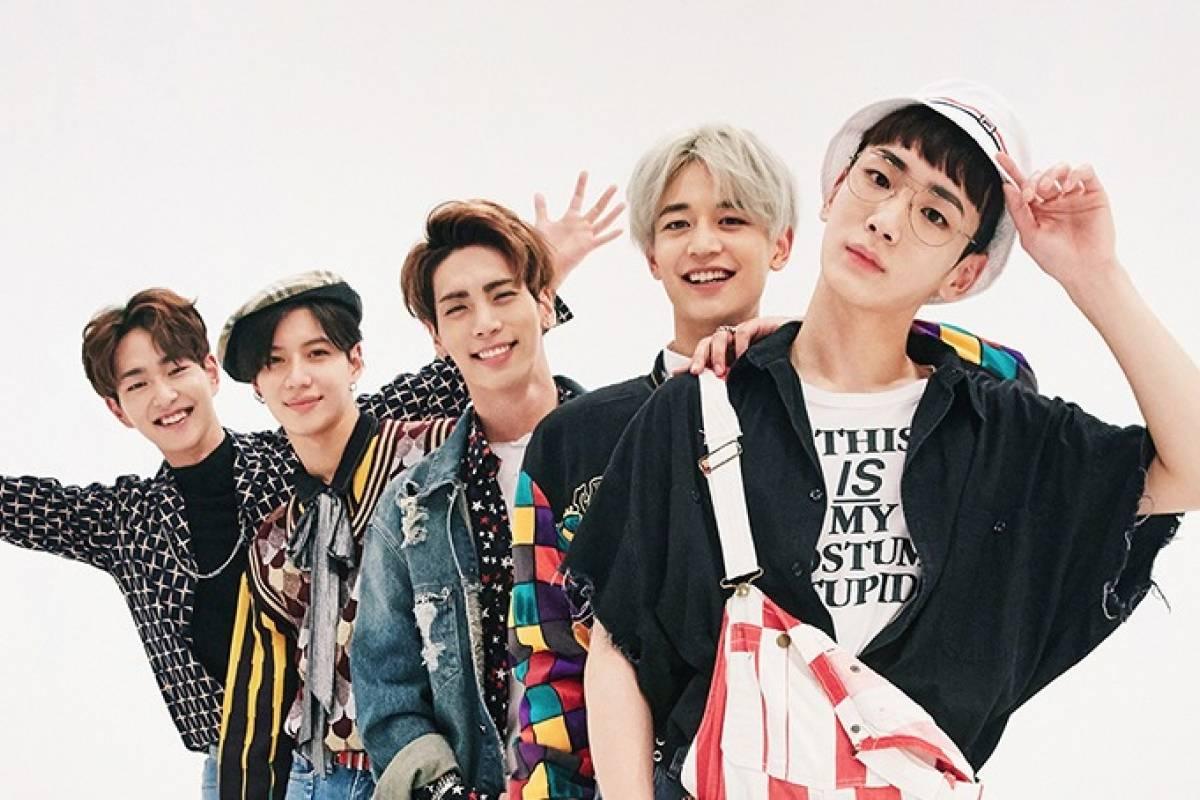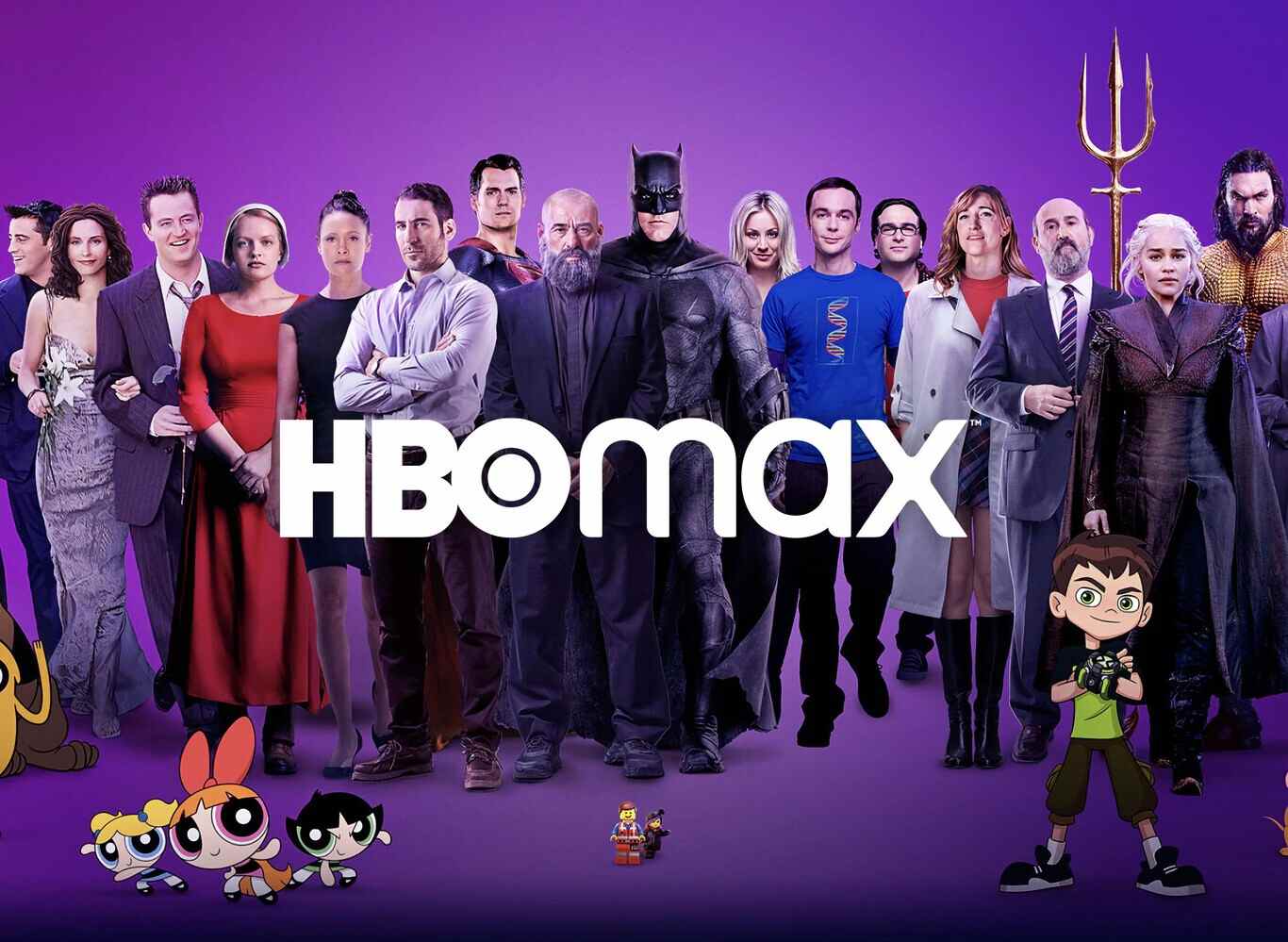5 Most Disliked K-Pop Groups Of All Time
K-Pop, a global phenomenon, has brought joy and entertainment to millions of fans worldwide. While K-Pop groups often enjoy immense popularity, some have faced their fair share of controversies. In this article, we will delve into five K-Pop groups that have garnered attention for various reasons. Let’s explore the stories behind these groups and why they’ve become such talking points in the K-Pop world.
- Blackpink: The Girl Crush Sensation
Blackpink, formed by YG Entertainment, is often hailed as the “biggest girl group in the world.” Comprising members Jisoo, Jennie, Rosé, and Lisa, Blackpink has skyrocketed to international fame. Known for popularizing the “girl crush” concept, their music explores themes of self-confidence and female empowerment.
However, Blackpink’s immense popularity has come with its own set of issues. Some toxic fans, often referred to as “Blackheads,” have been accused of cyberbullying and vile behavior toward other K-Pop groups and fandoms. This has led to several hashtags trending on Twitter, shedding light on the dark side of Blackpink’s fandom.
- Fifty Fifty: A Rapid Rise to Fame
Fifty Fifty, a relatively new South Korean girl group formed in 2022, has taken the K-Pop scene by storm. Comprising members Sio, Saena, Aran, and Keena, they made headlines with their viral hit single, “Cupid,” which propelled them to the top of the US Billboard Hot 100 and the UK Singles Chart within four months of their debut.
However, their journey hasn’t been without bumps in the road. A legal dispute with their record label, Attrakt, and allegations of contractual violations have marred their otherwise rapid rise to fame.
- Twice: The Group with a Love-Hate Relationship
Twice, formed by JYP Entertainment, is a highly successful South Korean girl group composed of nine members. They rose to domestic fame in 2016 with their single “Cheer Up” and became known for their infectious music. However, their massive popularity also led to the emergence of anti-fans who have dubbed themselves “Thrice.”
Despite their achievements, Twice has had to contend with the presence of a substantial number of haters, sparking discussions within the K-Pop community about the dynamics between fan clubs and anti-fans.
- NCT: The Experimenters of K-Pop
NCT, managed by SM Entertainment, is a unique boy band known for its versatility in music, vocal and rap abilities, and powerful performances. With 27 members divided into six different sub-units, NCT has recorded over 32 million album sales across all sub-units, making them one of the best-selling K-Pop acts of all time.
However, the sheer complexity of NCT’s structure and the constant introduction of new members have led to debates about whether their experimental approach is sustainable in the long run. Despite their success, some fans question whether NCT’s limitless members concept is a blessing or a curse.
- Shinee: The Princes of K-Pop
Shinee, formed by SM Entertainment in 2008, has made a profound impact on the K-Pop industry. With a reputation for outstanding live performances and complex dance routines, they earned the title of “Princes of K-Pop.” However, the group faced a devastating tragedy when member Jonghyun passed away in 2017.
Jonghyun’s death cast a shadow over the group’s future, and Shinee’s decision to continue as a four-member group sparked discussions about how the loss of a member can affect a K-Pop group’s dynamics.
Final Thoughts
K-Pop groups like Blackpink, Fifty Fifty, Twice, NCT, and Shinee have all left their mark on the industry, for better or worse. While they have achieved incredible success and loyal fan followings, they have also faced controversies, legal battles, and internal challenges. These stories remind us that the world of K-Pop is complex, filled with both joy and strife, and continues to evolve with each new generation of talent.
Also Read: K-Pop Girl Group ILY:1 Sets To Comeback Next Month






















